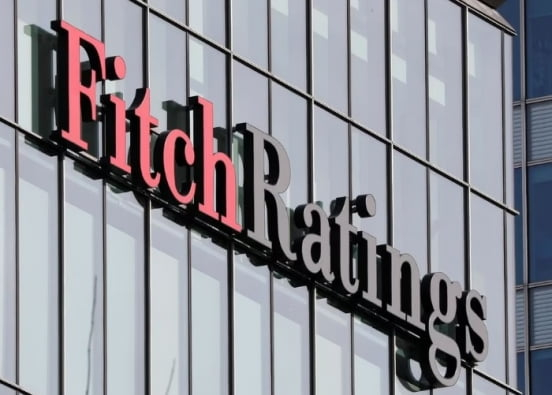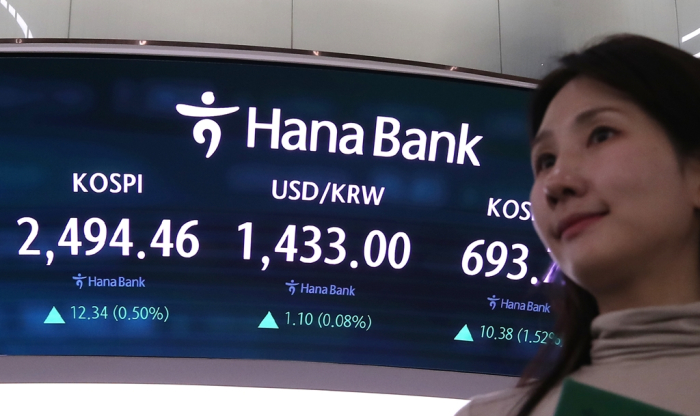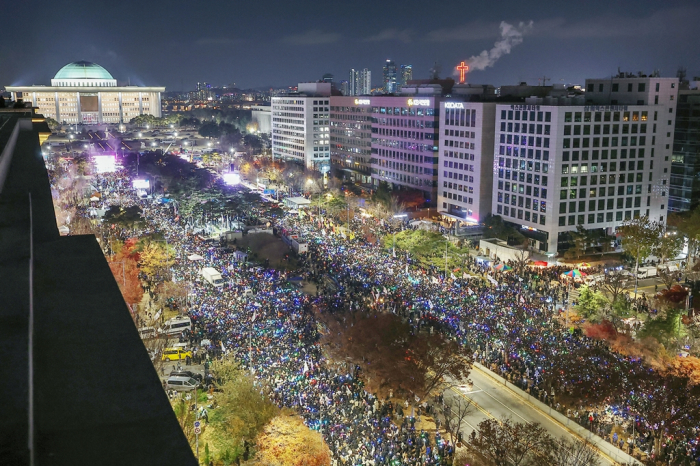
South Korea’s sovereign ratings remain stable despite the political turmoil caused by the short-lived martial law declaration of President Yoon Suk Yeol, senior executives of three global ratings agencies said.
Moody’s Ratings, Fitch Ratings and S&P Global Ratings shared the view that Korea’s credit ratings and its economic fundamentals are unscathed by Yoon’s botched martial law attempt and ensuing political chaos, including the National Assembly’s bid to impeach the president, according to Seoul’s Ministry of Economy and Finance on Friday.
The ministry said Deputy Prime Minister and Finance Minister Choi Sang-mok held virtual meetings with high-ranking officials of the three rating agencies on Thursday.

During the meetings, Choi said, “The impacts of the past two presidential impeachments on the economy were limited. Our government systems, including crisis management mechanisms, are functioning well. We will make sure foreign investors can execute investment and business activities safely and stably.”
The finance minister pledged to do his best to mitigate the impact of the ongoing political strife on the domestic capital market.
CURRENT SITUATION NOT SERIOUS ENOUGH TO THREATEN RATINGS
In response, Roberto Sifon-Arevalo, managing director and head of analytics & research at S&P Global, said it was notable how the Korean government system continued to function despite the political chaos, according to the ministry.

He added that follow-up measures by financial authorities reflected the stability of the country’s market system.
S&P maintains its long-term sovereign credit rating on Korea at AA, the third-highest rating on its sovereign ratings table, unchanged since August 2016.
Marie Diron, global head of Moody’s Sovereign and Sub-Sovereign Risk Group, echoed the view, saying that downside risks related to the Korean economy are unlikely to materialize.
Moody has maintained its sovereign credit rating on Korea at Aa2, the third-highest, since December 2015.
James Longsdon, global head of sovereign and supranational ratings at Fitch Ratings, said the current situation is not serious enough to threaten Korea’s rating, according to the ministry.

Fitch has maintained AA- for Korea, the fourth-highest, since September 2012.
YOON FACES SECOND IMPEACHMENT VOTE AT PARLIAMENT
The finance minister’s meetings with rating agencies came about a week after President Yoon Suk Yeol’s short-lived declaration of martial law.
The opposition-controlled parliament is set to vote on a second motion to impeach the president this Saturday after the first impeachment motion last week was scrapped due to a lack of quorum.

Yoon survived an impeachment vote against him after an overwhelming majority of governing party lawmakers boycotted parliament on Dec. 7.
Korea’s finance minister and the central bank chief have vowed to take necessary action to stabilize Asia’s fourth-largest economy.
Finance Minister Choi dismissed fears the country would fall into a recession next year as overdone.
Bank Of Korea Governor Rhee Chang-yong also shrugged off concerns about the negative impact of the country’s political risk on the economy.
By Sang-Yong Park
yourpencil@hankyung.com
In-Soo Nam edited this article.















